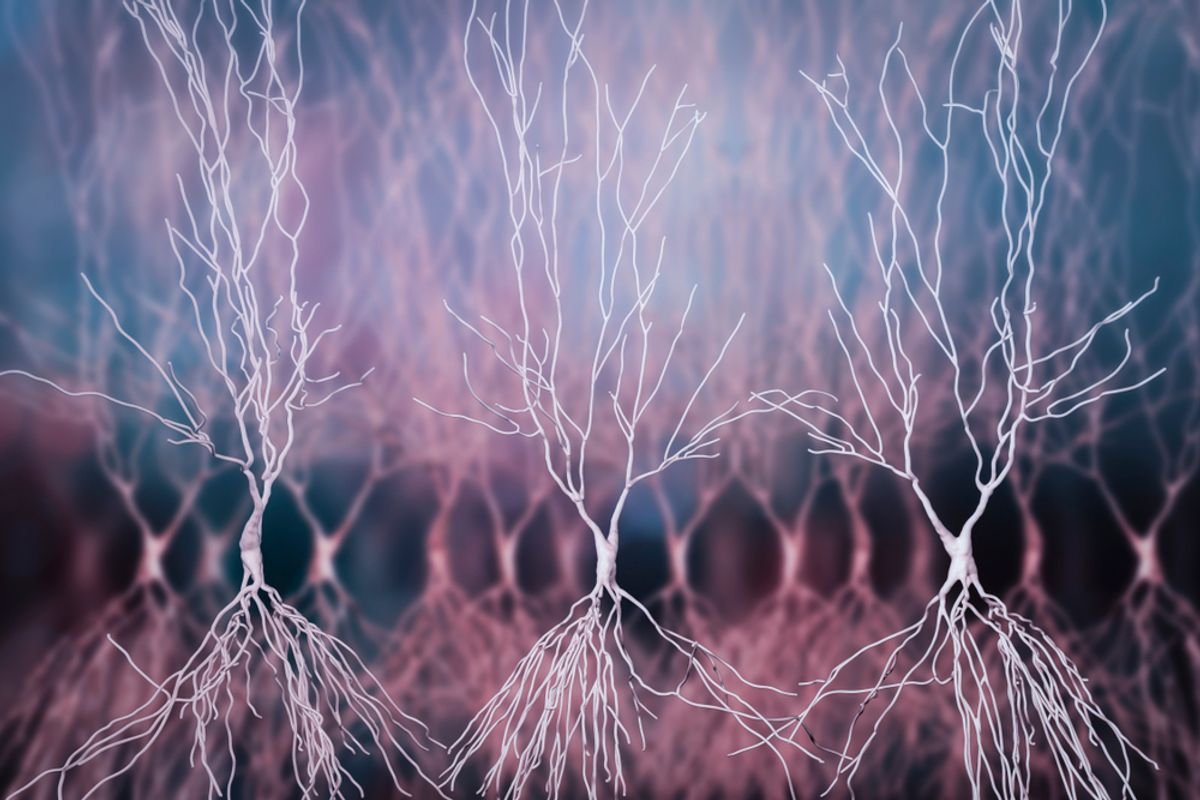Our memories don’t all carry the same weight. Some moments settle into place without effort, while others slip away almost immediately, leaving only the faintest trace behind. But what pushes one experience toward long-term storage while another disappears? Is it the moment itself, or the systems deciding its fate?
A new study in Nature suggests the answer comes down to experience and timing. By examining the hippocampus, thalamus, and cortex, researchers found that memories don’t become long-lasting in a single step. Instead, they’re shaped by a cascade of molecular “timers” that activate one after another, gradually determining which impressions consolidate into long-term memory.
“This is a key revelation because it explains how we adjust the durability of memories,” said Priya Rajasethupathy, head of the Skoler Horbach Family Laboratory of Neural Dynamics and Cognition, in a press release. “What we choose to remember is a continuously evolving process rather than a one-time flipping of a switch.”
Rethinking How the Brain Stores Long-Term Memory
For much of modern neuroscience, memory seemed straightforward. The hippocampus managed short-term storage; with enough repetition or relevance, memories were thought to move into the cortex and remain there.
“Existing models of memory in the brain involved transistor-like memory molecules that act as on/off switches,” said Rajasethupathy in the press release.
But that view couldn’t explain why some long-term memories fade quickly while others persist for decades. In 2023, her lab identified a missing piece: a thalamic pathway that filters which memories move toward long-term storage and routes them to the cortex. That raised a larger question — once a memory leaves the hippocampus, what determines whether it sticks?
Read More: Goldfish May Have a Longer Memory Span Than Just Three Seconds
Inside the Brain’s Molecular Memory Timers
To track how memories mature, the researchers used a virtual-reality setup that let mice revisit certain environments more often than others. This repetition created measurable differences in how strongly each context was stored. The team then used a CRISPR-based approach to switch off specific genes in the thalamus and cortex to test which molecular programs determine how long a memory lasts.
Their results revealed a stepwise sequence rather than a single mechanism. Camta1, active early in the thalamus, stabilized new memories during their most vulnerable stage. Tcf4, also in the thalamus, strengthened connections to the cortex as memories matured. Ash1l, a later-acting regulator in the cortex, triggered chromatin remodeling that helped convert a fragile trace into something more durable. Disrupting any part of this sequence didn’t erase memories — it simply caused them to fade sooner.
“Unless you promote memories onto these timers, we believe you’re primed to forget it quickly,” said Rajasethupathy.
Ash1l also linked memory consolidation to other biological systems. It belongs to a protein family known for preserving long-term “cellular memory” in the immune system and during development.
“In the immune system, these molecules help the body remember past infections; during development, those same molecules help cells remember that they’ve become a neuron or muscle and maintain that identity long-term,” said Rajasethupathy. “The brain may be repurposing these ubiquitous forms of cellular memory to support cognitive memories.”
What These Findings Mean for Memory Disorders
The work may aid future treatments for memory disorders, potentially allowing memories to be rerouted through healthy circuits when others are damaged.
“If we know the second and third areas that are important for memory consolidation, and we have neurons dying in the first area, perhaps we can bypass the damaged region and let healthy parts of the brain take over,” said Rajasethupathy.
Her team now aims to uncover what triggers these timers and why some memories endure, with the thalamus emerging as a key decision hub.
Read More: Our Brains Have Unlimited Storage Capacity, But Our Memories Aren’t Always Reliable
Article Sources
Our writers at Discovermagazine.com use peer-reviewed studies and high-quality sources for our articles, and our editors review for scientific accuracy and editorial standards. Review the sources used below for this article:


Leave a Reply